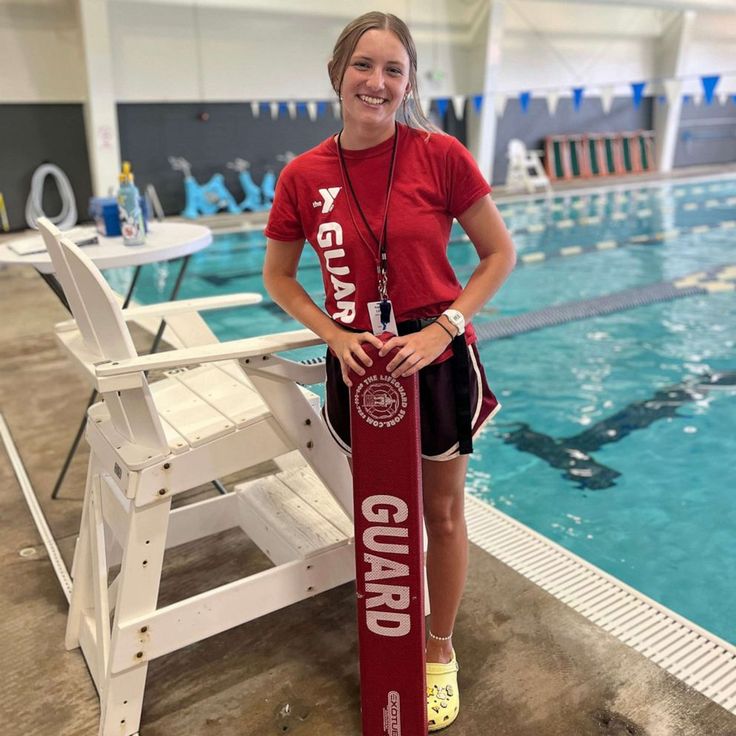Being a lifeguard is more than just a summer job; it’s a critical responsibility that requires a unique set of skills to ensure the safety of swimmers and beachgoers. Whether you’re stationed at a pool, lake, or beach, mastering these essential skills can make a world of difference in emergency situations and everyday safety life guard. Let’s dive into the key competencies every lifeguard should develop.

1. Swimming Proficiency
At the core of lifeguarding is the ability to swim effectively. Lifeguards should be strong swimmers, capable of performing various strokes with ease. This includes:
- Endurance: Lifeguards often need to swim long distances quickly.
- Speed: Rapid response to emergencies is crucial.
- Techniques: Proficiency in front crawl, breaststroke, and sidestroke can be invaluable.
Regular practice and maintaining physical fitness are essential to stay at the top of your game.
2. Rescue Techniques
Knowing how to perform a rescue is paramount. Lifeguards must be familiar with:
- Reaching and Throwing Techniques: Using equipment like rescue buoys, ropes, or flotation devices to assist distressed swimmers without putting themselves at risk.
- In-Water Rescues: Approaching victims safely and efficiently in the water.
- Land-Based Rescues: Techniques for helping individuals who may be panicking or in danger near the pool edge or shore.
Training in rescue techniques should be ongoing and include simulations of various emergency scenarios.
3. CPR and First Aid Certification
A lifeguard’s role goes beyond just preventing drowning. Being certified in CPR (Cardiopulmonary Resuscitation) and first aid is essential. This includes:
- Adult, Child, and Infant CPR: Understanding the differences in technique and application.
- Using an AED: Familiarity with Automated External Defibrillators can save lives during cardiac emergencies.
- First Aid Skills: Treatment for cuts, sprains, heat exhaustion, and other injuries that can occur in aquatic environments.
Regular recertification ensures that lifeguards remain up-to-date with the latest techniques and protocols.
4. Observation Skills
A lifeguard’s primary job is to keep a watchful eye on swimmers. Developing keen observation skills involves:
- Situational Awareness: Recognizing potential hazards and unsafe behaviors before they escalate.
- Understanding Swim Patterns: Identifying when a swimmer is in distress based on their movements and interactions in the water.
- Environmental Monitoring: Being aware of weather changes, water conditions, and crowd dynamics.
Being vigilant can mean the difference between preventing an incident and responding to one.
5. Communication Skills
Effective communication is vital in both daily operations and emergency situations. Lifeguards should be able to:
- Give Clear Instructions: Whether directing swimmers or coordinating with team members during a rescue.
- Remain Calm: Maintaining composure in emergencies helps to reassure both victims and bystanders.
- Educate Swimmers: Providing safety information and guidelines to prevent accidents before they happen.
Developing strong verbal and non-verbal communication skills can enhance a lifeguard’s effectiveness on the job.
6. Teamwork and Leadership
Lifeguards often work in teams, so the ability to collaborate is crucial. Skills include:
- Cooperation: Understanding your role within a team and working harmoniously with others.
- Leadership: Being prepared to take charge during emergencies, directing both team members and patrons effectively.
- Conflict Resolution: Managing disputes or disagreements among beachgoers or swimmers calmly and professionally.
Being a team player and an effective leader can significantly enhance the safety environment at any aquatic facility.
7. Adaptability and Problem-Solving
No two days are the same for a lifeguard. Being adaptable means:
- Responding to Unforeseen Events: From sudden weather changes to unexpected emergencies, being flexible is crucial.
- Quick Decision-Making: Evaluating situations rapidly to determine the best course of action.
- Creative Solutions: Finding innovative ways to resolve problems, whether it’s managing a crowded pool or dealing with a difficult swimmer.
Being prepared for anything helps ensure safety in all circumstances.
Conclusion
Lifeguarding is a challenging yet rewarding role that demands a diverse set of skills. By mastering swimming proficiency, rescue techniques, CPR and first aid, observation, communication, teamwork, and adaptability, lifeguards can significantly enhance safety in aquatic environments. Whether you’re just starting your lifeguarding journey or looking to sharpen your skills, continuous training and practice are key to becoming an effective lifeguard. Remember, your vigilance and expertise can save lives!